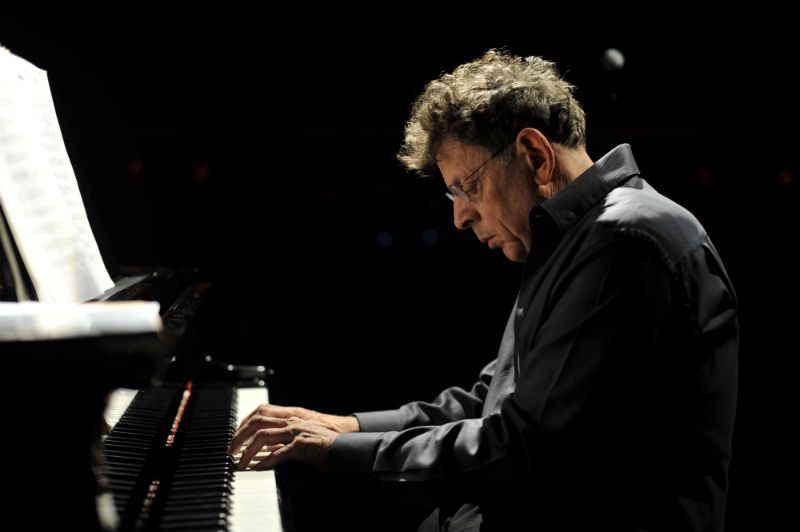
When an instrument is more than just a vessel for creating beautiful sound, the performer creates a different connection with the vessel itself than we might realize. It makes sense that a composer like Philip Glass would treat a piano with the same courtesy and kindness that he would treat a closer friend or family member. The time spent together creating and perfecting audio culture develops something much deeper than a surface level attachment.
We all have relationships with inanimate objects, like our cell phones or computers for instance. In order to preserve their longevity, we attempt to keep them in good working order and not drop or intentionally damage them. But our connection to these pieces of technology doesn’t have the grip and the spark that a composer has with his instrument, which creates a very fascinating look at the dynamic of involved music composition, creation, and execution.
It’s wonderful to get this kind of intricate and detailed perspective from one of the most influential creators of music of the last 100 years. Philip Glass was once heralded for his work with minimalist music, later separating from that movement to rebrand his unique contributions as “Classicist.” His compositions include symphonies, music for string quartet, film scores, and he’s been nominated for three Academy awards for his film scores.
